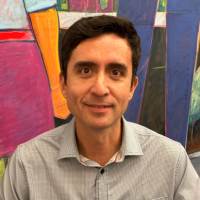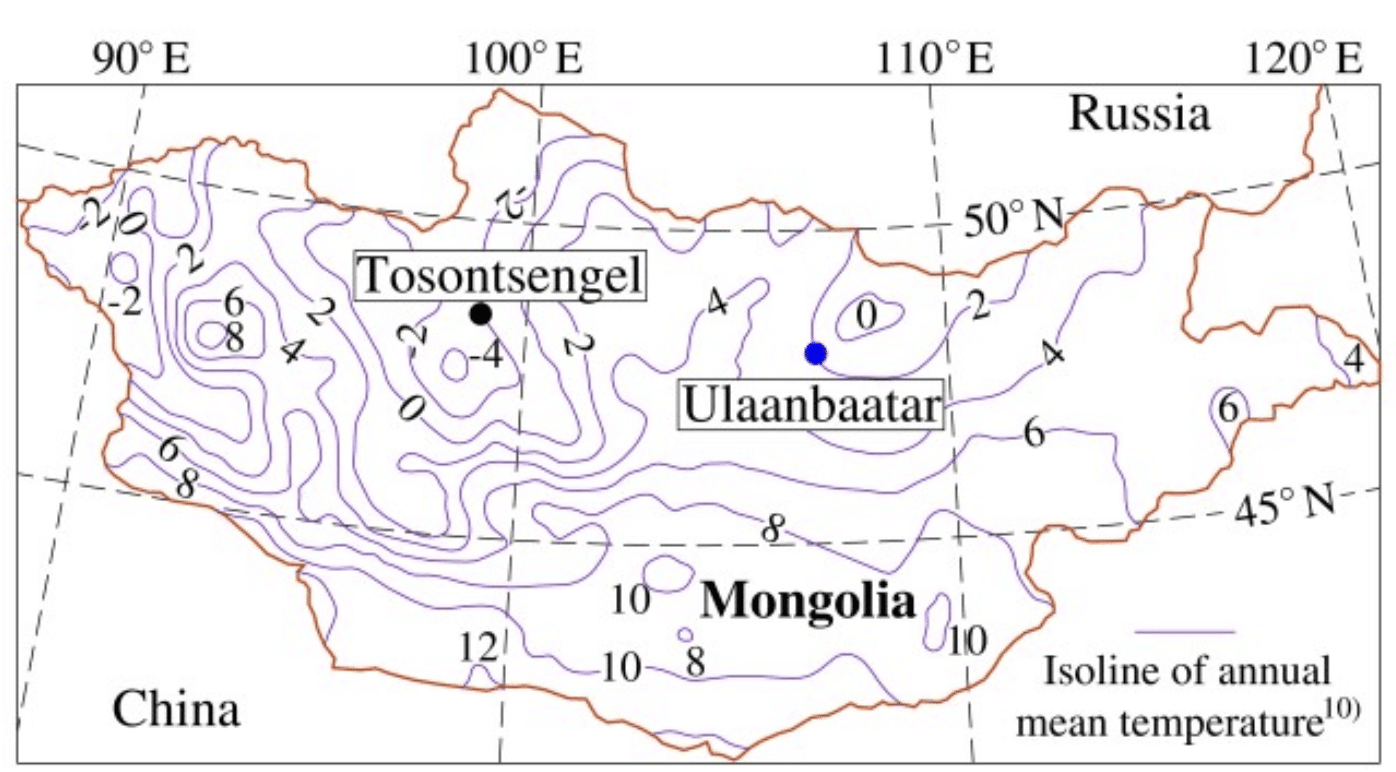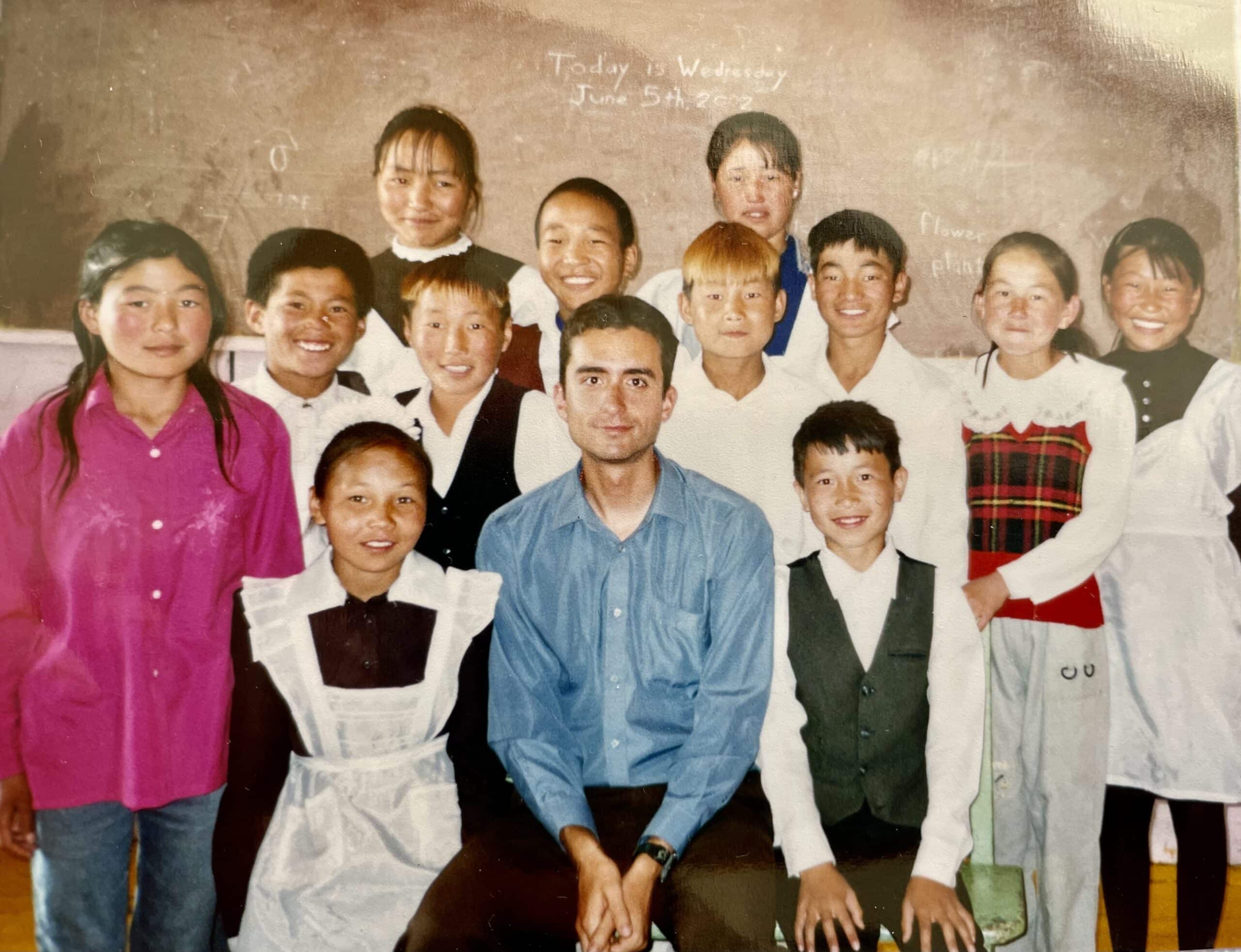Flights between my school in Hovd and Ulaanbaatar, the capital city of the world’s most sparsely populated country, always needed to stop somewhere in between to refuel.
Nearing the end of my final year as an English teacher at School #2 in Hovd, I was returning once more from Ulaanbaatar with a suitcase filled with a few prepared foods, fresh fruits and vegetables. The weather was cold and northerly winds gusted unpredictably when about 100 passengers in our Antonov landed in Tosontsengel for fuel.
It was spring, the time of year when the layovers could last longer than expected. But I needed to get back to some very attentive children in my classes in Hovd. Even the students who were less than attentive would invariably refer to me as David Teacher.
School #2 was a large ramshackle, Soviet-era concrete structure that would fill each school day with the sounds of 2,000 school children running and screaming and learning. Each night, when they left, the corridors fell silent and the nurse’s station became my apartment: a steel cot and blankets. There was no lighting inside, so I always used a flashlight to safely traverse the halls after dark.
As soon as our Antonov landed in Tosentsengel, the flight crew told us we would not continue that day: that instilled in me a sense of dread.
What would happen next? I asked myself. Where would I sleep? Is there a hotel in Tosontsengel?
My Mongolian language skills were somewhat limited. So I was in the dark about where I would sleep when all of a sudden a taxi driver silently whisked me away by Jeep. He delivered me to a house that looked from the inside like an American house shipped directly to rural Mongolia.
I was surprised to find myself in the home of a family of American missionaries who welcomed me with a home-cooked American meal. But my arrival wasn’t much of a surprise for them; they told me that taxi drivers often brought stranded foreigners to their doorstep.
Part of the communal duty in this part of the world is to welcome any fellow travelers and that meant the taxis brought them fellow foreigners stranded in Tosontsengel.
This is an essential part of Mongolian culture. Since the weather can often be formidable, Mongolians carry a sense of unquestioning duty in welcoming stranded travelers. After all, they would expect the same from me if I found any of them stranded.
I don’t remember the missionaries’ names but they told me stories of the years they’ve enjoyed living in Tosontsengel and offered to let me sleep on their couch. The next day they gave me a ride back to the airport to catch my next flight and handed me a big supply of extra seeds they had brought with them from the United States.
After they left the airport I learned that due to continued strong winds I would be stuck for another night in Tosontsengel. This time I and a small group of passengers were the surprise guests of a local family who lived in a large round traditional white felt ger (traditional house). The family fed us a hearty meal of stew for dinner. I slept on a cot surrounded by fellow passengers and members of the family. We were cozy and warm as long as the stove in the center was kept burning. They fed me more stew for breakfast.
On my third day in Tosontsengel we reached the airport and discovered the weather was clear for takeoff.
I was happy to return to School #2 in Hovd. My students were also happy to see David Teacher again after my unexpected delay. And I brought some special presents—seeds to plant in their school garden.





